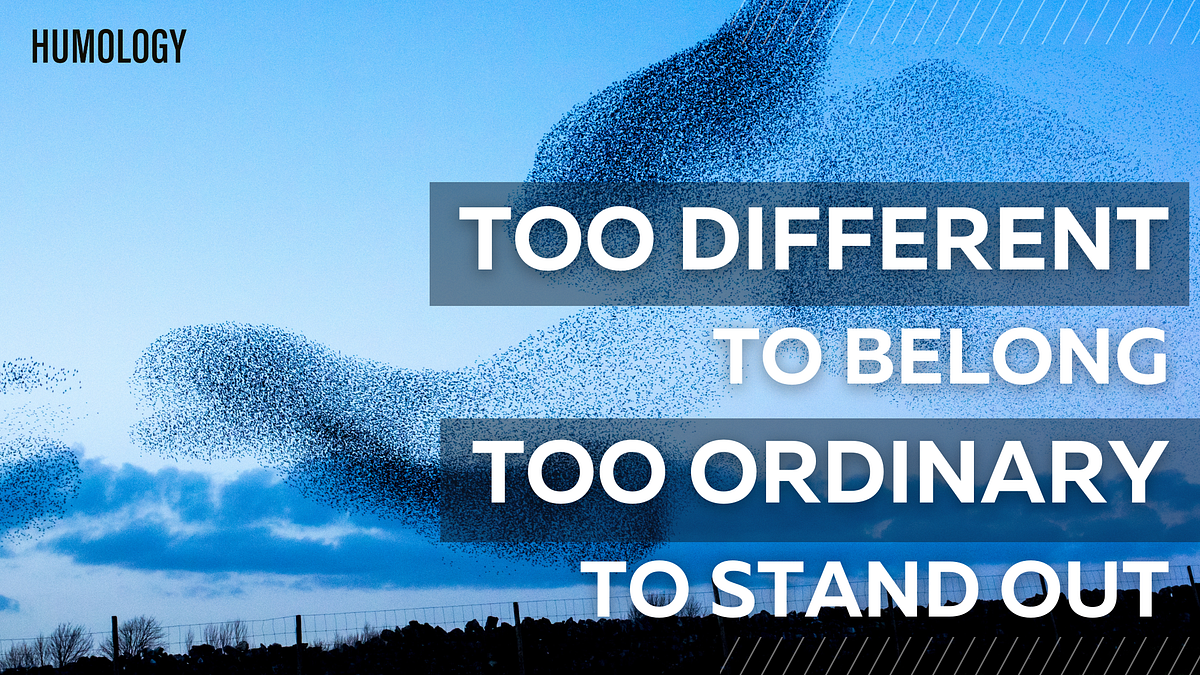fromBusiness Insider
2 days ago2025's words of the year say a lot about a generation fed up with an internet they can't quit
2025's words of the year reflect a generation frustrated with job prospects, AI, and online culture. Platforms have chosen terms like "fatigue," "AI slop," and "rage bait." For the first time, Dictionary.com chose a word that is also a number as its Word of the Year. Everyone is over 2025. Various platforms and dictionaries released their word of the year in December, and the choices widely reflect a sense of inescapable uncertainty, exhaustion, and skepticism of the tech world.
Artificial intelligence

